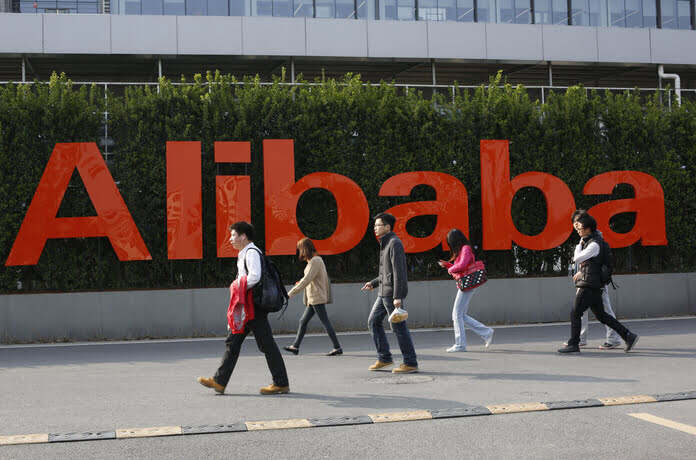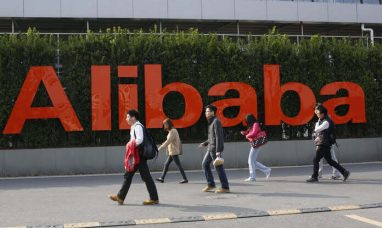Alibaba (NYSE:BABA)
The greatest change at Alibaba (NYSE:BABA) in over 20 years might have a ripple effect. The Chinese e-commerce conglomerate is being divided into six sub-companies, some of which may be sold or listed publicly. It should satisfy regulators and politicians eager to control key enterprises while releasing wealth for tired shareholders. The likes of Tencent (OTCPK:TCEHY) (OTCPK:TCTZF) and other IT behemoths might soon follow suit.
As a result of the company’s reorganization, each of Alibaba’s six divisions—including its core commerce, cloud computing, gaming, and logistics divisions—will have its own Chief Executive Officer and Board of Directors. More crucially, according to CEO Daniel Zhang, who will continue leading the Alibaba Group Holding firm, each branch would be free to “pursue autonomous fundraising and IPOs.” The market valuation of the New York-listed corporation increased by about $23 billion, or 10%, to $250 billion after Tuesday’s news.
As a result of years of regulatory crackdowns and Covid lockdowns, Alibaba’s stock has fallen to a record low of fewer than 10 times expected profits, according to Refinitiv projections, which is less than half its five-year average and lower than competitors JD.com, PDD, and Tencent. According to Citi analysts, Alibaba’s two most valued businesses (domestic e-commerce and cloud computing) are worth a combined $222 billion, suggesting that investors need to place a higher value on the remainder of the company. The logistics sector might be listed or raise money from private supporters. At the same time, the internet video section could be sold to a competitor.
The reorganization should also be welcomed in Beijing. Officials within the party are increasing their influence over private businesses, especially those in politically volatile sectors. Two of Alibaba’s onshore operations have previously been acquired by state-owned entities, each holding so-called golden shares (a 1% interest that often includes board participation and/or veto rights for crucial business decisions). Cloud Intelligence, which focuses on data analytics and artificial intelligence, is one of Alibaba’s most sensitive divisions, so authorities may approve of its separation from the rest of the company or even a relisting on the mainland.
Take notice, Tencent. The $460 billion video game industry behemoth is also active in potentially dangerous fields, including internet media, cloud computing, and mobile payments. If Alibaba’s strategy wins over investors and authorities, it will be difficult to oppose.
Background News
On March 28th, Alibaba announced its intention to split into six separate organizations, each of which would be able to raise capital on its own or seek a public listing. On the announcement, Alibaba stock listed in the United States increased by as much as 10% in pre-market trading. Taobao Tmall Commerce, the company’s major retail sector, and Cloud Intelligence, which provides IT services, are two of the six entities the Chinese conglomerate stated it will split into as part of the largest reorganization in its 24-year existence. Cainiao Smart Logistics, which provides virtual mapping, and Alibaba’s global retail and entertainment businesses make up the other four units. Alibaba will adopt a holding company management structure, and Cloud Intelligence’s CEO, Daniel Zhang, will continue as Chairman and CEO of Alibaba. Alibaba has announced that its six business units will each have its own chief executive officer and board of directors, with the ability to independently seek investment or go public. Nonetheless, Alibaba will retain 100% ownership of Taobao Tmall Commerce.
Featured Image: Megapixl









